Govt. presents draft law on regional development
The Serbian MPs are this Tuesday debating the draft Law on Regional Development the government has sent to parliament.
Tuesday, 09.06.2009.
19:01

The Serbian MPs are this Tuesday debating the draft Law on Regional Development the government has sent to parliament. Deputy Premier and Economy Minister Mladjan Dinkic said that the draft is one of the most important steps toward the decentralization of Serbia and the most important law from the economic development sphere. Govt. presents draft law on regional development However, some ethnic minority parties see the proposed legislation as an attempt to divert attention from the draft Vojvodina statute, while the opposition says this is an attempt to divide Serbia into regions, which according to them the ruling parties are carrying out on the orders received from the West. The draft law envisages the formation of seven statistical regions, while Dinkic told MPs that its adoption would contribute to a more even development of all parts of the country. President Boris Tadic was heard commenting today that decentralization and regionalization "will not lead to a division of Serbia". More details on that statement can be found here. Meanwhile in parliament, Dinkic said that ours is one of only a handful of countries without such a law, and explained that the ratio between the most developed and most undeveloped municipalities is "one to 15". "This is an important step toward the decentralization of Serbia. It's the second step, the first was the adoption of the Law on Financing of Local Self-Governments, while the third will be the law on Return of Assets to Local Self-Governments," the minister told MPs. According to him, the state intervention will be seen in assisting those local administrations and regions that are "weaker" with expert and financial help, in order to decrease the differences. The proposed law, Dinkic continued, envisages criteria to differentiate municipalities and regions according to the level of their development, introduces classification of local self-government units and arranges distribution of funds. Some of the ethnic minority parties said they would vote in favor of the law, but also voiced their criticism: "From Vojvodina's point of view, we think this is a diverting attention from the important thing, and that is the confirmation of the Vojvodina statute and adoption of laws on the province's jurisdiction," said Laslo Varga of the Alliance of Vojvodina Hungarians (SVM). The draft has united the Progressives (SNS) and the Radicals (SRS), who, after the SNS party split from the SRS last fall, spent much of their time in parliament in fierce confrontation. The opposition People's Coalition made up of the DSS and NS, will also vote against the law. Our reporter says that NS leader and MP Velimir Ilic "spent more time dealing with Dinkic than the draft law". "The minister [Dinkic] has been introducing regional development for the past three years. All your projects are a failure and all have fallen through, starting with the [distribution of free] shares, Fiat, equal regional development. I cannot comprehend how a minister – although he was declared the best finance minister in the world – can take on the economy, privatization, tourism, [National Investment Plan] NIP, regional development, and without any results whatsoever," Ilic said. Dinkic's response was that he "could not understand why Ilic was so irritated": "I don't know why I irritate you so much. The fact is that there were and there are problems in Serbia, they are big and small, the difference is whether or not they are being solved. We cannot solve all the problems at once. I'm doing everything to solve those that are in my jurisdiction." Dinkic in parliament today (Tanjug)
Govt. presents draft law on regional development
However, some ethnic minority parties see the proposed legislation as an attempt to divert attention from the draft Vojvodina statute, while the opposition says this is an attempt to divide Serbia into regions, which according to them the ruling parties are carrying out on the orders received from the West.The draft law envisages the formation of seven statistical regions, while Dinkić told MPs that its adoption would contribute to a more even development of all parts of the country.
President Boris Tadić was heard commenting today that decentralization and regionalization "will not lead to a division of Serbia". More details on that statement can be found here.
Meanwhile in parliament, Dinkić said that ours is one of only a handful of countries without such a law, and explained that the ratio between the most developed and most undeveloped municipalities is "one to 15".
"This is an important step toward the decentralization of Serbia. It's the second step, the first was the adoption of the Law on Financing of Local Self-Governments, while the third will be the law on Return of Assets to Local Self-Governments," the minister told MPs.
According to him, the state intervention will be seen in assisting those local administrations and regions that are "weaker" with expert and financial help, in order to decrease the differences.
The proposed law, Dinkić continued, envisages criteria to differentiate municipalities and regions according to the level of their development, introduces classification of local self-government units and arranges distribution of funds.
Some of the ethnic minority parties said they would vote in favor of the law, but also voiced their criticism:
"From Vojvodina's point of view, we think this is a diverting attention from the important thing, and that is the confirmation of the Vojvodina statute and adoption of laws on the province's jurisdiction," said Laslo Varga of the Alliance of Vojvodina Hungarians (SVM).
The draft has united the Progressives (SNS) and the Radicals (SRS), who, after the SNS party split from the SRS last fall, spent much of their time in parliament in fierce confrontation.
The opposition People's Coalition made up of the DSS and NS, will also vote against the law.
Our reporter says that NS leader and MP Velimir Ilić "spent more time dealing with Dinkić than the draft law".
"The minister [Dinkić] has been introducing regional development for the past three years. All your projects are a failure and all have fallen through, starting with the [distribution of free] shares, Fiat, equal regional development. I cannot comprehend how a minister – although he was declared the best finance minister in the world – can take on the economy, privatization, tourism, [National Investment Plan] NIP, regional development, and without any results whatsoever," Ilić said.
Dinkić's response was that he "could not understand why Ilić was so irritated":
"I don't know why I irritate you so much. The fact is that there were and there are problems in Serbia, they are big and small, the difference is whether or not they are being solved. We cannot solve all the problems at once. I'm doing everything to solve those that are in my jurisdiction."










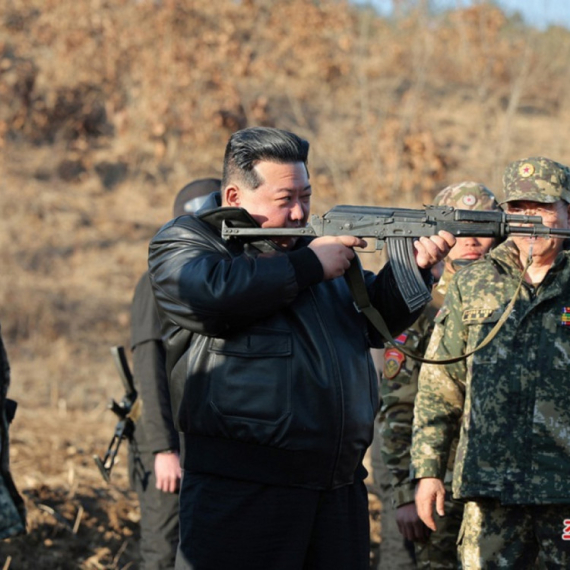


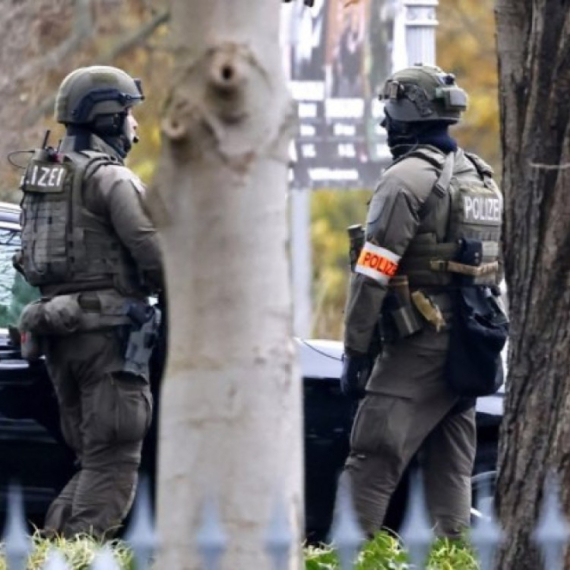

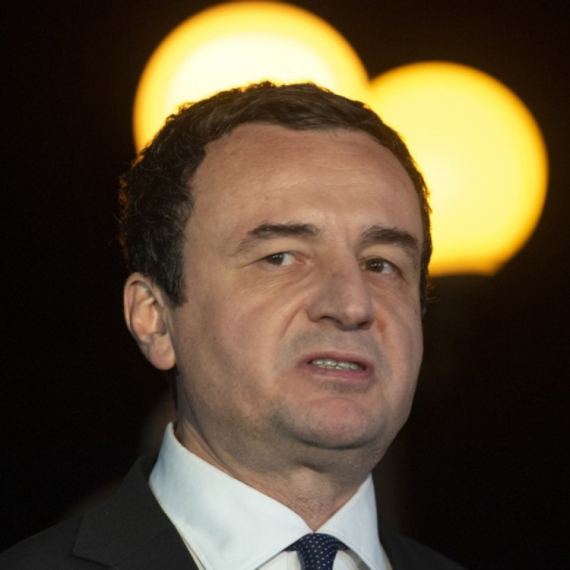
























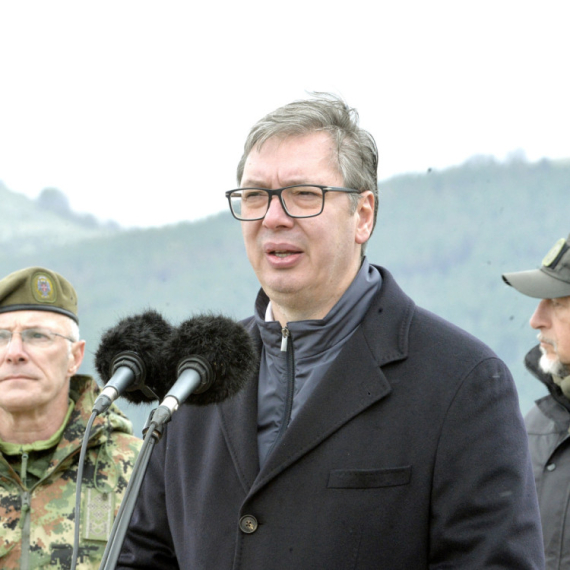
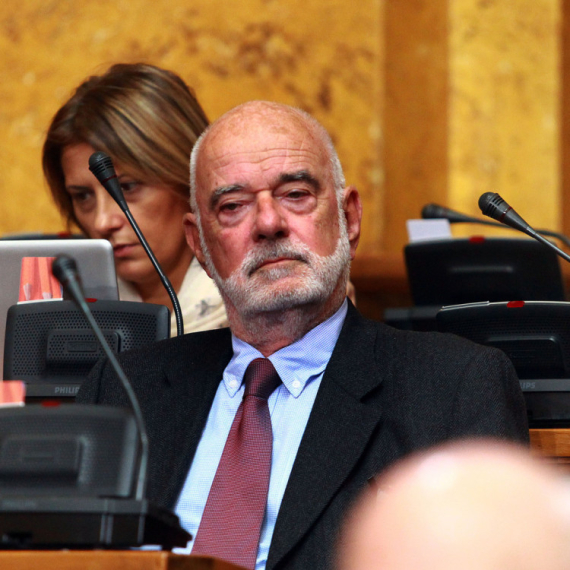












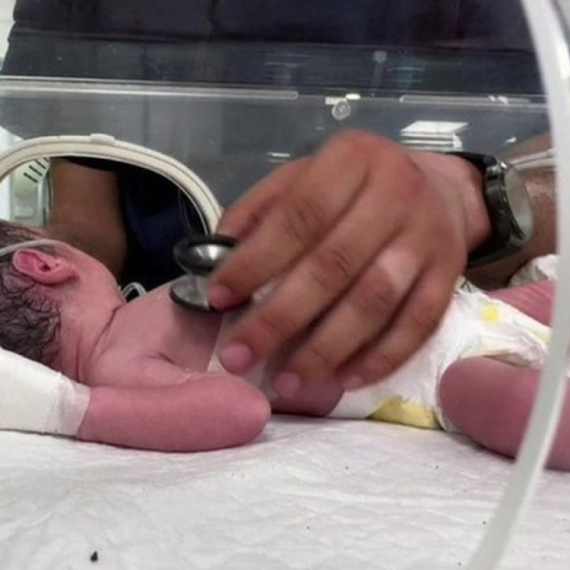

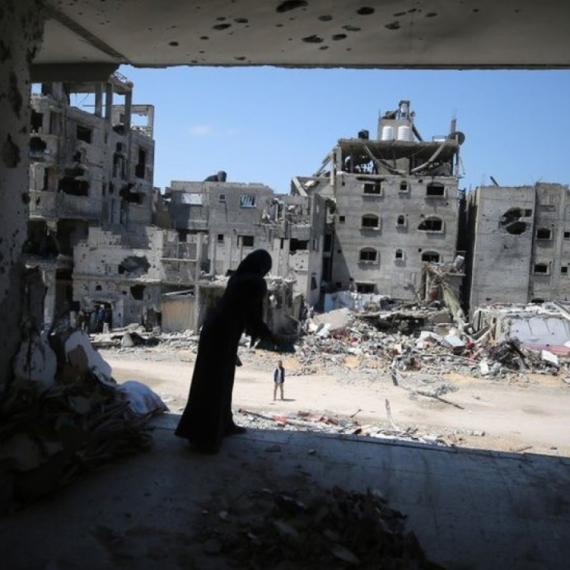

Komentari 0